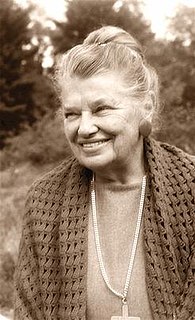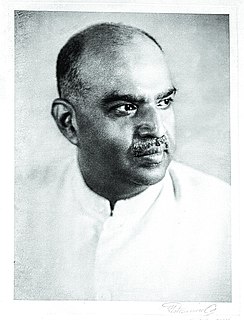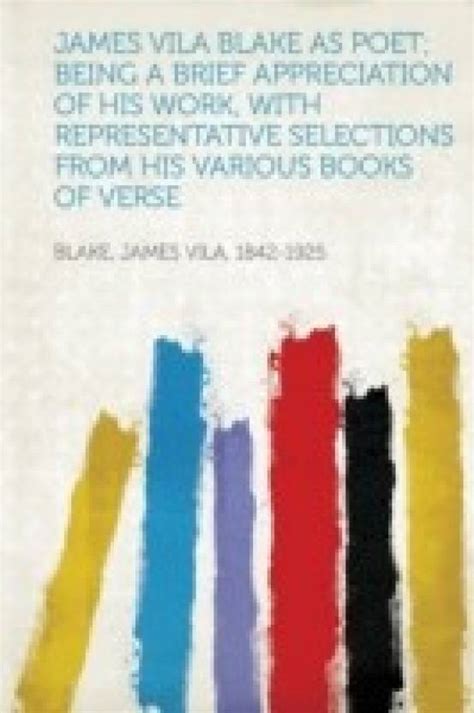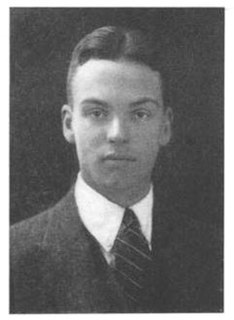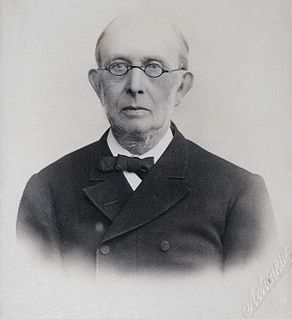A Quote by Jane Addams
We are thus brought to a conception of Democracy not merely as a sentiment which desires the well-being of all men, nor yet as a creed which believes in the essential dignity and equality of all men, but as that which affords a rule of living as well as a test of faith.
Related Quotes
In a revolutionary age talk of equality may well have represented a passion to provide full human dignity to those who had previously been denied it by systems of political and economic domination; but in the present age it softens the spiritual requirements that are an essential ingredient in human dignity. Thus the slogans of equality serve not so much to elevate individuals to the dignity of being human as to free them from the responsibility of rising to this vocation.
Thus the law of nature stands as an eternal rule to all men, legislators as well as others. The rules that they make for other mens actions, must, as well as their own and other mens actions, be conformable to the law of nature, i.e. to the will of God, of which that is a declaration, and the fundamental law of nature being the preservation of mankind, no human sanction can be good, or valid against it.
Democracy has become, unless I mistake, a kind of test or shibboleth, by which we try men and measures; and this is the same as to say that it is merely a word which is powerful with us, and not the wide and true notion of what the word means. But we must define the true import of words, and not be slaves to syllables; for democracy in form is not necessarily people-power in fact, but power perhaps of a few, who cajole the many and so lead and use the people for their own ends.
In a Democracy, the real rulers are the dexterous manipulators of votes, with their placemen, the mechanics who so skillfully operate the hidden springs which move the puppets in the arena of democratic elections. Men of this kind are ever ready with loud speeches lauding equality; in reality, they rule the people as any despot or military dictator might rule it.
There is in fact a manly and legitimate passion for equality that spurs all men to wish to be strong and esteemed. This passion tends to elevate the lesser to the rank of the greater. But one also finds in the human heart a depraved taste for equality, which impels the weak to want to bring the strong down to their level, and which reduces men to preferring equality in servitude to inequality in freedom.
There is, in fact, a manly and lawful passion for equality which excites men to wish all to be powerful and honored. This passion tends to elevate the humble to the rank of the great; but there exists also in the human heart a depraved taste for equality, which impels the weak to attempt to lower the powerful to their own level, and reduces men to prefer equality in slavery to inequality with freedom.
Never yet did there exist a full faith in the Divine Word (by whom light as well as immortality was brought into the world) which did not expand the intellect, while it purified the heart--which did not multiply the aims and objects of the understanding, while it fixed and simplified those of the desires and passions.
I could never have known so well how paltry men are, and how little they care for really high aims, if I had not tested them by my scientific researches. Thus I saw that most men only care for science so far as they get a living by it, and that they worship even error when it affords them a subsistence.



